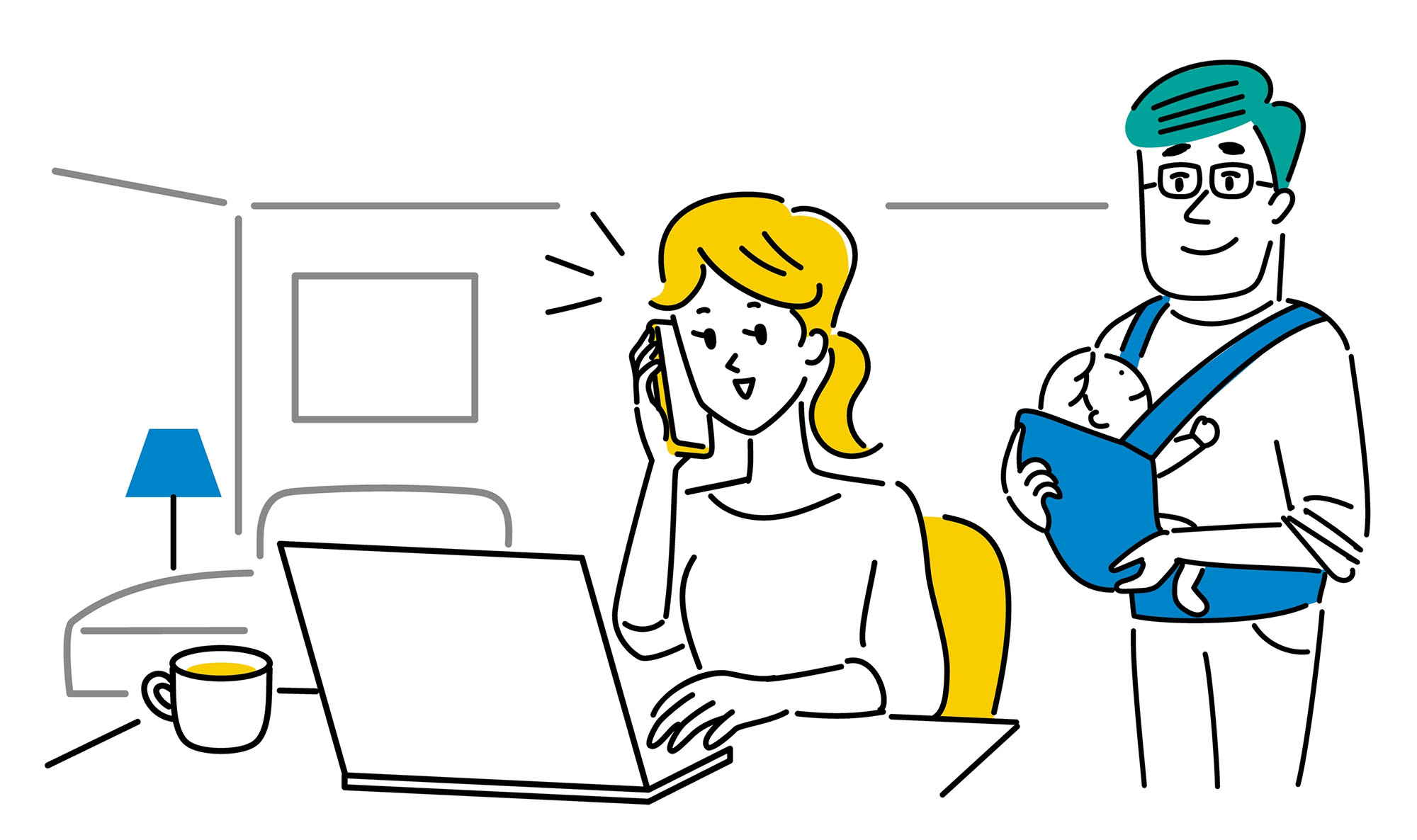
The Evolution of Personal and Medical Leave

Experiencing a personal or family health problem can put a huge strain on an employee both emotionally and financially. Whether it be taking care of a parent or spouse, the birth of a child, or even military leave, these types of events can cause complications for an employee if they don’t have the flexibility they need from work to deal with a personal or family illness.
In fact, the demand and need for adequate work and family leave benefits is consistently growing. For example, consider the aging population. Many aging adults receive care from an adult child who often needs to balance their work and caregiving responsibilities. This typically falls outside normal leave benefits in most states. It is becoming more apparent that the need to continuously evaluate these changing and evolving circumstances is essential.
Burnout is serious issue in today’s working environment. You often hear people reference the importance of work/life balance, but many often struggle with actually achieving that balance.
With that said, well-being is such an important element in organizational culture to prevent your employees from burnout. Providing employees with resources and encouragement to live healthy lives and to find ways to keep that balance is key.
There are several ways to do this:
• Keep open communication with your employees. Be sure to check in with your employees regularly to see how they are doing. This helps spot imbalances and lets your employees know you care.
• Host events that encourage physical activities, such as a walk in the park.
• Provide employees opportunities to attend lunch-and-learns or webinars that help illustrate how to recognize burnout.
• Encourage your employees to keep a regular work schedule and establish a routine that includes frequent breaks and work/life boundaries. Finally, ensure they take time off and find ways to disconnect regularly.
Over the years, brokers have faced many hurdles within the benefits space, including changes to legislation, the addition of paid family and medical leave programs, and most recently, the global pandemic. Not only has each of these examples had a significant impact on how employers and employees view benefits, but they’ve also changed the way brokers work with their clients.
As employees’ benefits needs shift, employers are listening and looking to revise their benefit strategies to include both benefits and technology that are most important and life-changing to their employee population.
Today’s brokers have an unlimited opportunity to proactively collaborate and explore benefit strategies with their employer clients by providing coaching, guidance and expertise in this ever-changing landscape.




